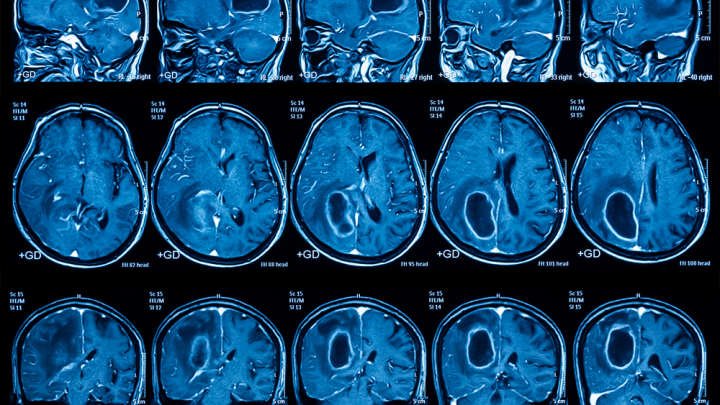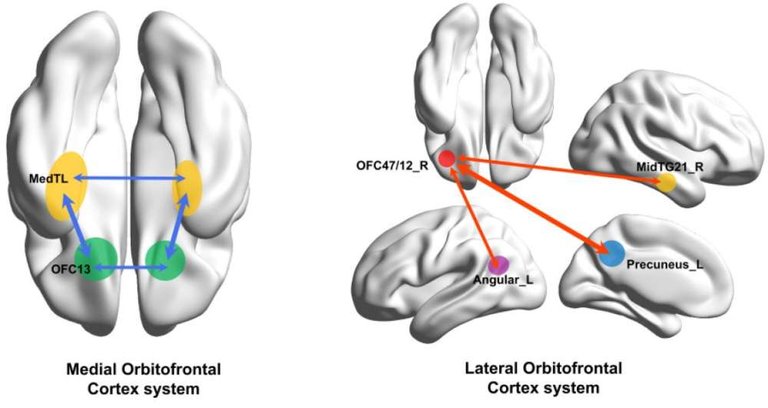A recent breakthrough may have found the physical source of depression in the brain. Such a discovery could lead to new research that seeks to find new ways in which to treat and perceive this mental illness.

The research, conducted by the University of Warwick in the UK and Fudan University in China, has shown that depression affects the orbitofrontal cortex. This part of the brain is activated when a punishment is suffered or when rewards are not received, suggesting that depression may be associated with these sensations.
"More than one in ten people suffer from depression throughout their lives, a disease that is so common in modern society that even traces of Prozac (an antidepressant drug) can be found in the sewers in London," says Jianfeng Feng , Author of the study. "Our finding with the combination of large data collected worldwide allows us to locate the roots of depression, which should open new avenues to improve therapeutic treatments in the near future for this horrible disease."

The study, recently published in the journal Brain, tells how researchers came to this conclusion after scanning the brains of 909 people in China with a high-precision MRI. Of these patients, 421 were diagnosed with major depression, while the remaining 488 participants were control subjects.
This imaging technique was able to demonstrate the activity in the connections between different parts of the human brain affected by depression. The orbitofrontal cortex, associated with the non-reward, shows a stronger connectivity in those who are in depression.
As the team points out, the lateral orbitofrontal cortex is also connected to the area that is associated with one's own sense of self. The strongest connections between these two regions were found in those suffering from depression, and perhaps this explains why people with depression often have thoughts of personal loss and low self-esteem.
Reference:
Oxford Journals

afaik it has never been proven there is a "physical source" of depression (like one thing), although there have been correlations to certain traumas and genetics and nutritional deficiencies, etc. - so if true this could be a very interesting step forward in psychology/psychiatry/etc.